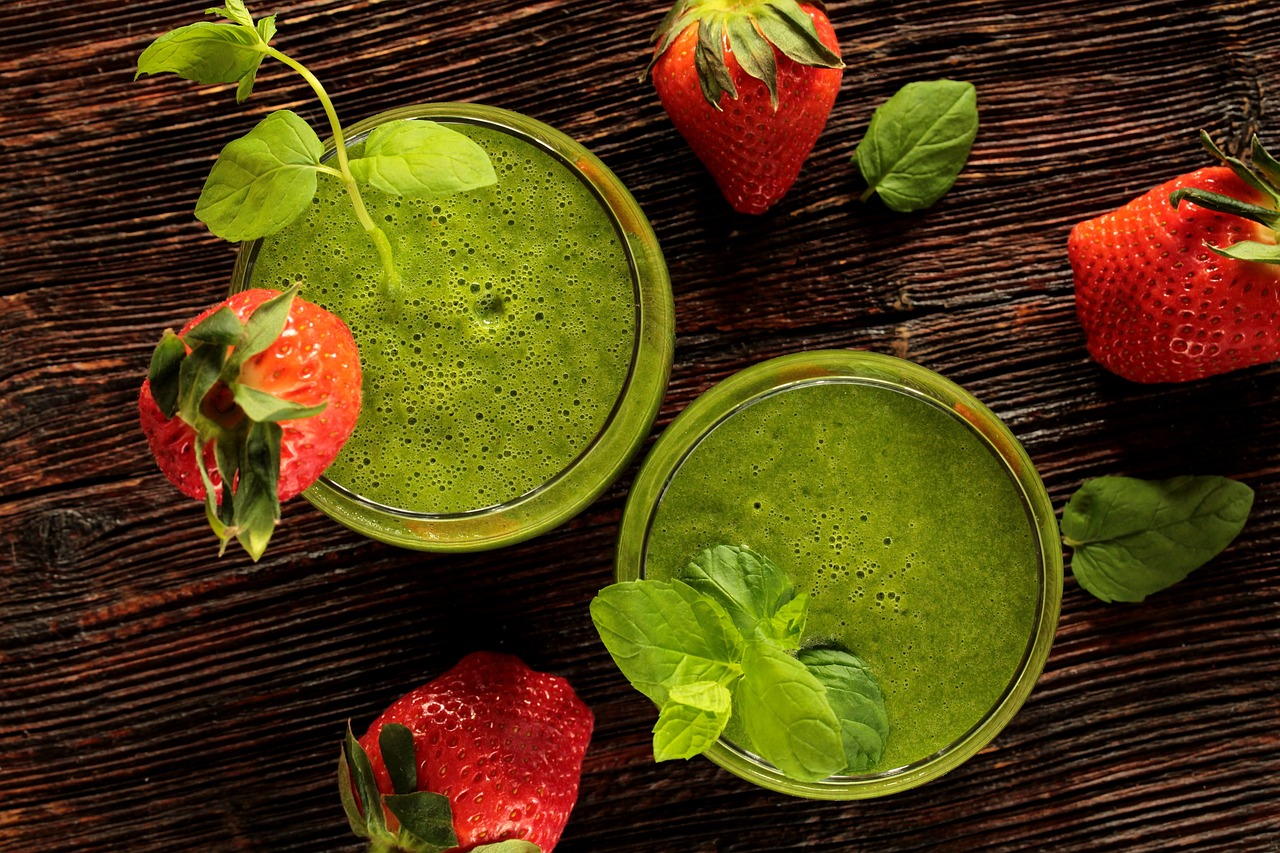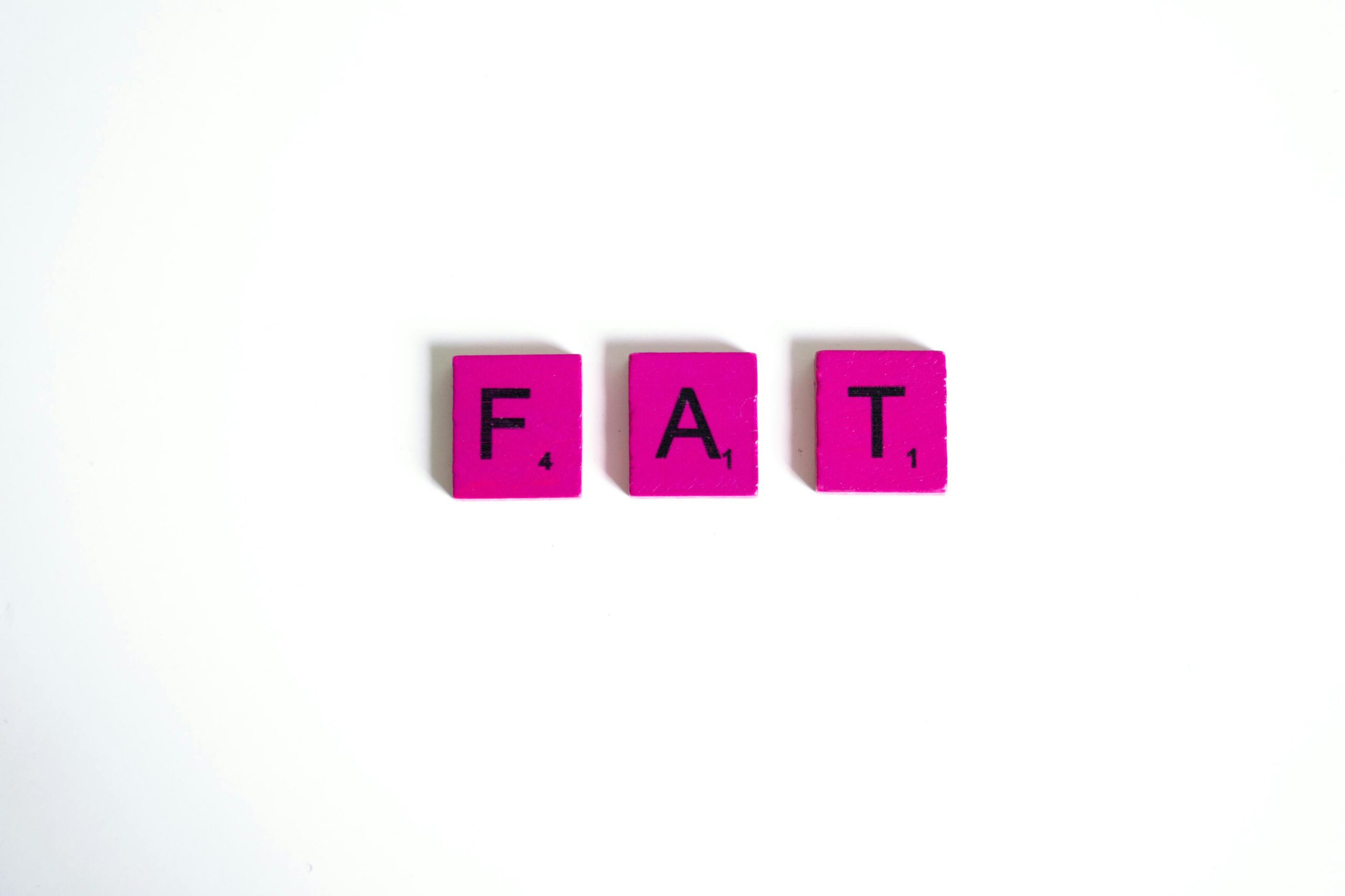Embarking on a weight loss journey often brings you face-to-face with a plethora of strategies, one of which is the intriguing concept of a colon cleanse. Touted by some as a quick fix for shedding pounds, this method has generated buzz for its promises of detoxification and weight loss. But before you consider this approach, you’re likely eager to uncover whether there’s substantial evidence to support the claim that a colon cleanse can truly be a golden ticket to weight loss. Let’s explore the reality behind this practice and what it might mean for your health and wellness goals.
Understanding Colon Cleanse
Definition of Colon Cleanse
When you hear about a “colon cleanse,” it refers to the practice of removing waste and toxins from your large intestine, also known as the colon. This concept is based on the idea that digestive waste can become toxic if it remains in the colon for too long, and thus, eliminating it can promote better health and well-being.
History of Colon Cleansing Practices
Colon cleansing isn’t new; it dates back to ancient times. The practice has roots in Ancient Egyptian times and was prevalent in Greek medical philosophy as well. Over centuries, a variety of techniques have been developed and used to keep the colon clear, including enemas, laxatives, and even more modern methods like colonic hydrotherapy.
Different Methods of Colon Cleansing
Today, there are several methods you might come across for colon cleansing. These range from taking certain herbal supplements to manual irrigation via colonic hydrotherapy. There are also dietary methods that emphasize the consumption of fiber-rich foods or certain juices to promote natural bowel movements and cleanse the colon.
Colon Cleanse for Weight Loss
The Claim: Quick Weight Loss Results
You may have heard that a colon cleanse can lead to quick weight loss results. Indeed, proponents of this method claim that by clearing out waste from the colon, you can shed several pounds instantly.
Immediate Effects vs. Long-Term Weight Loss
While you might see an immediate drop on the scale after a colon cleanse, this is primarily due to the removal of waste and water, not fat. For long-term weight management, it is important to make sustainable changes to diet and exercise instead.
Scientific Evidence Linking Colon Cleanse to Weight Loss
When it comes to scientific evidence, the direct link between colon cleansing and substantial weight loss is scant. Most healthcare professionals agree that weight loss achieved through colon cleansing is temporary and not related to losing body fat.

How Does Colon Cleansing Work?
The Colon’s Function in Digestion
Your colon plays a key role in digestion by absorbing water and minerals from food, and then removing the remaining waste from your body. It’s an efficient system that, in a healthy body, doesn’t typically require outside help to clear out waste.
The Process of a Colon Cleanse
A colon cleanse procedure usually involves flushing the colon with fluids to help remove waste. In colonic hydrotherapy, for instance, a large amount of water – and sometimes other substances like coffee or herbs – is introduced into the colon via a tube inserted into the rectum.
What Comes Out? Understanding Waste Removal
During a cleanse, what comes out will consist largely of fluids and stool that were already in the colon. There may be an impression of large amounts of “toxins” being removed, but the actual substance being expelled is mostly what would ordinarily leave your body through regular bowel movements.
Potential Benefits of Colon Cleansing
Improved Digestive Function
Some people report feeling an improvement in their digestion following a colon cleanse, with claims of reduced bloating and constipation. However, these benefits tend to be anecdotal and personally subjective.
Increased Energy Levels
Another frequently mentioned benefit is increased energy. Theories suggest that by removing toxins from the colon, the body’s overall function improves, leading to a boost in vitality.
Perceived Well-being After Cleansing
After a colon cleanse, you might feel a sense of lightness and well-being. While this could be due to the physical release of waste, it may also be psychologically rooted in the belief that you have done something beneficial for your body.

Risks Associated with Colon Cleansing
Side Effects of Colon Irrigation
Enemas and colonic irrigations come with potential side effects like cramps, bloating, nausea, and vomiting. More concerning complications might include bowel perforations, infections, or changes in blood pressure.
Risk of Dehydration and Electrolyte Imbalance
Colonic hydrotherapy can cause dehydration and throw off electrolyte balance, leading to issues such as weakness, confusion, or even kidney damage in severe cases.
Possible Implications on Gut Microbiota
Your colon houses a complex community of beneficial bacteria that play a critical role in health. There’s concern that colon cleansing might disrupt this microbiome, potentially having negative consequences on the immune system and digestion.
Analyzing the Connection Between Colon Cleansing and Weight Loss
Temporary Weight Loss: Water Weight vs. Fat Loss
After a colon cleanse, any weight loss is usually water weight and not indicative of fat loss. This temporary reduction in weight springs back once you rehydrate and resume normal dietary patterns.
Impact on Metabolism
There’s little evidence to support the theory that a colon cleanse can boost metabolism. Healthy metabolic rate is more closely tied to factors like diet, exercise, and muscle mass, not the cleanliness of your colon.
Expert Opinions on Colon Cleanse for Weight Loss
Nutrition and medical experts generally agree that claims of colon cleanses contributing to lasting weight loss are overblown and not supported by robust scientific research. The consensus is that they should not be used as a weight loss tool.

Healthy Alternatives to Colon Cleansing for Weight Loss
Dietary Adjustments
A more effective and safe approach to weight loss involves dietary changes that emphasize whole foods, reduced calorie intake, and a balanced diet rich in nutrients, fiber, and hydration.
Regular Exercise
Consistent physical activity is a cornerstone of healthy weight management. Regular exercise boosts your metabolism, builds muscle, and burns calories – all key components of weight loss.
Probiotics and Prebiotics
Nurturing a healthy gut microbiome through the use of probiotics (found in yogurts and fermented foods) and prebiotics (found in fiber-rich foods) can support digestive health and contribute indirectly to weight loss.
Personal Testimonies vs. Scientific Research
Success Stories and Anecdotes
While personal testimonies about the effectiveness of colon cleansing for weight loss are plentiful, they cannot replace empirical evidence. Success stories are often subjective and may not factor in other lifestyle changes that coincide with the cleanse.
Clinical Studies and Research Findings
Scientific studies and systematic research on the efficacy of colon cleansing for weight loss have mostly found no significant correlation between the two, particularly when it comes to long-term weight management.
The Placebo Effect and Its Implication
The power of belief can significantly influence personal experiences. For some, the placebo effect might make them feel as if the treatment has worked, when, in reality, no objective improvement is present.
Who Should Avoid Colon Cleansing
Individuals with Certain Health Conditions
If you have health conditions such as kidney disease, heart disease, or any gastrointestinal issues like Crohn’s or ulcerative colitis, you should steer clear of colon cleansing practices.
Pregnant and Breastfeeding Women
Women who are pregnant or breastfeeding should also avoid colon cleansing, as it can pose health risks during these sensitive times.
When to Consult a Healthcare Professional
Always consult with a healthcare professional before trying any form of colon cleanse, especially if you have pre-existing health conditions or are taking medication.
Key Takeaways and Final Thoughts
Balancing Expectations with Reality
Understand that a colon cleanse is not a magic bullet for weight loss. The weight that is lost during a cleanse is usually temporary and not related to the loss of fat.
Making Informed Health Choices
Being informed and skeptical of quick-fix solutions will guide you towards making healthier decisions. Focus on evidence-based practices to achieve your weight loss objectives.
Seeking Professional Advice Before Undergoing a Colon Cleanse
It’s important to consult a healthcare provider before embarking on a colon cleanse, particularly if weight loss is the goal. Professional advice ensures that you’re taking steps that benefit your health and don’t put you at unnecessary risk.




